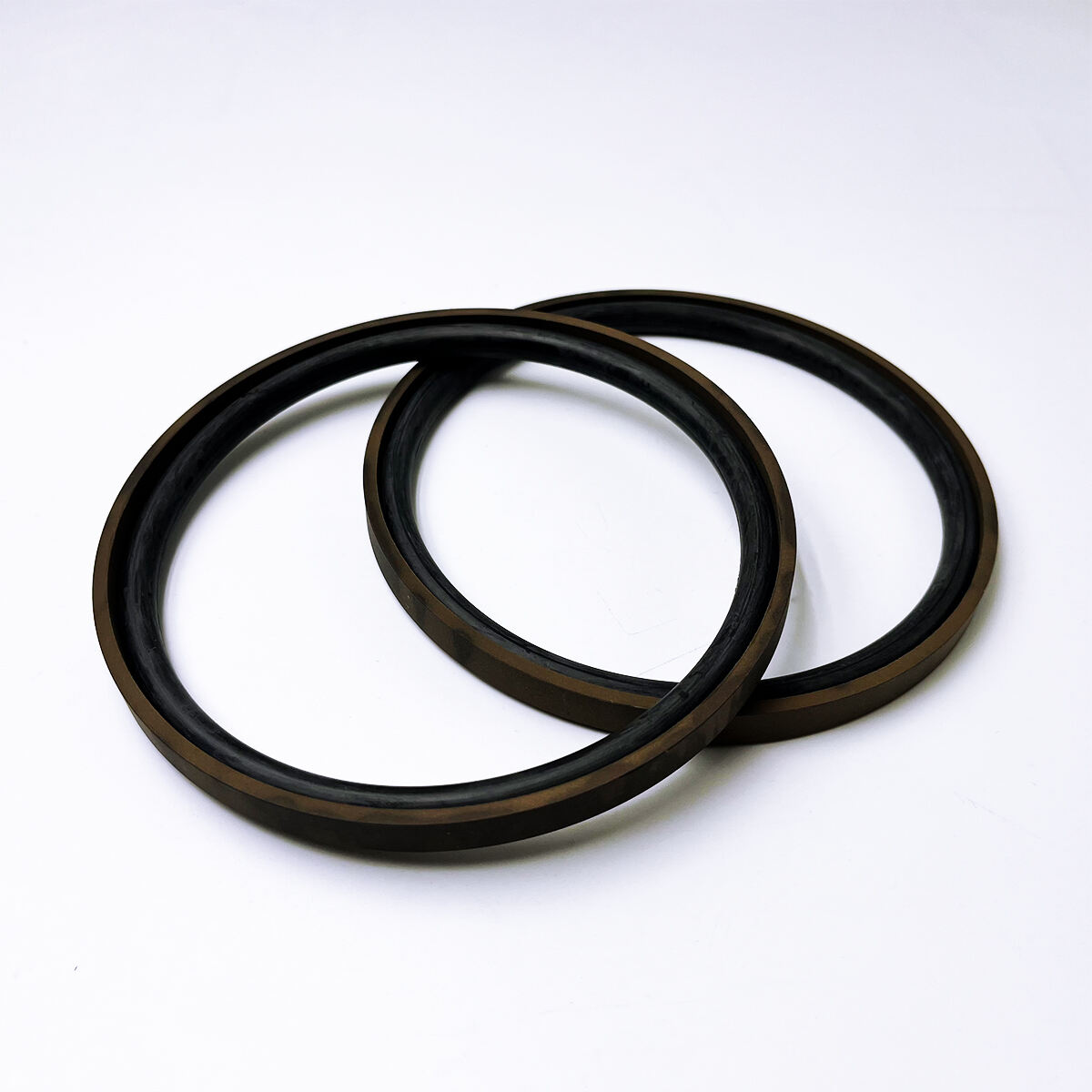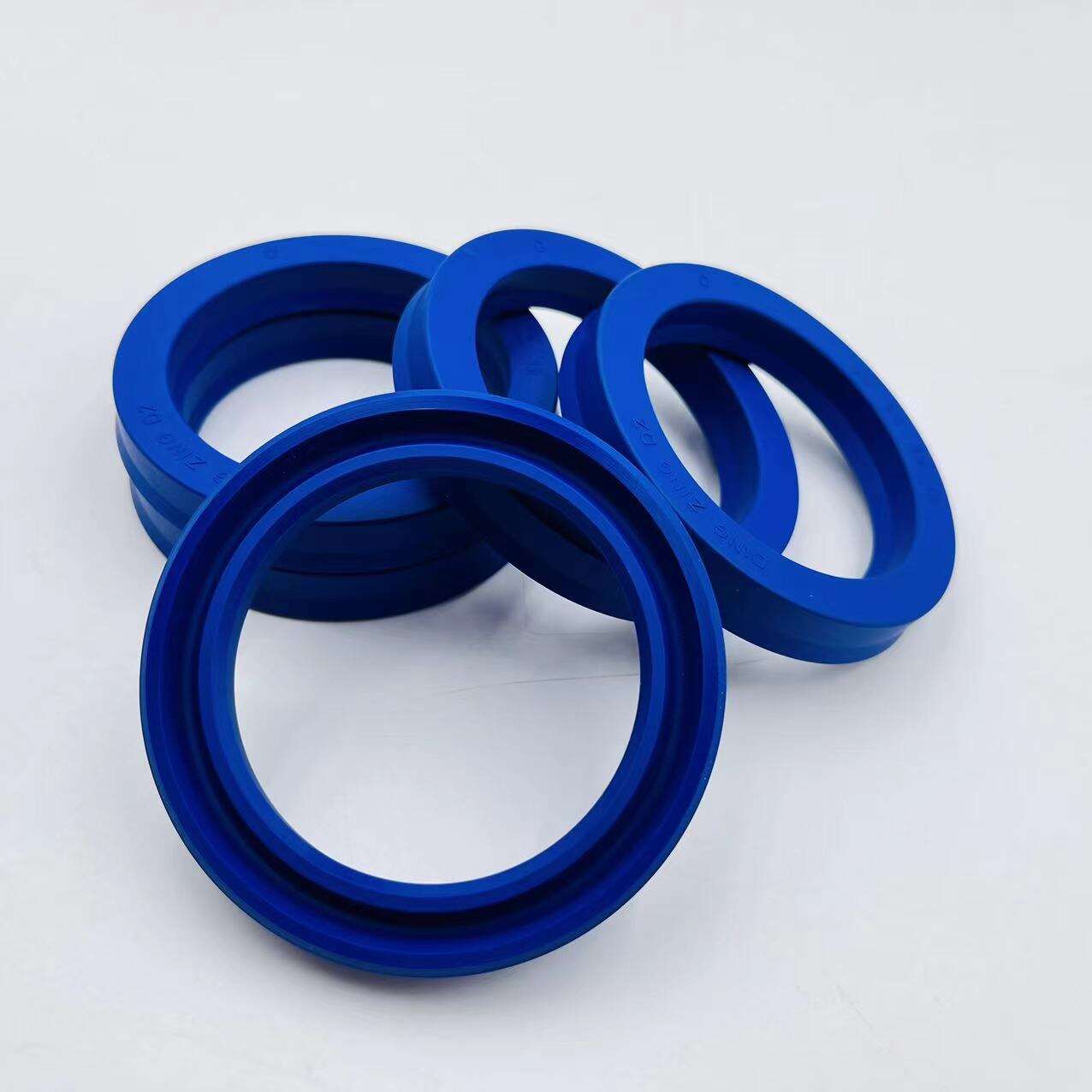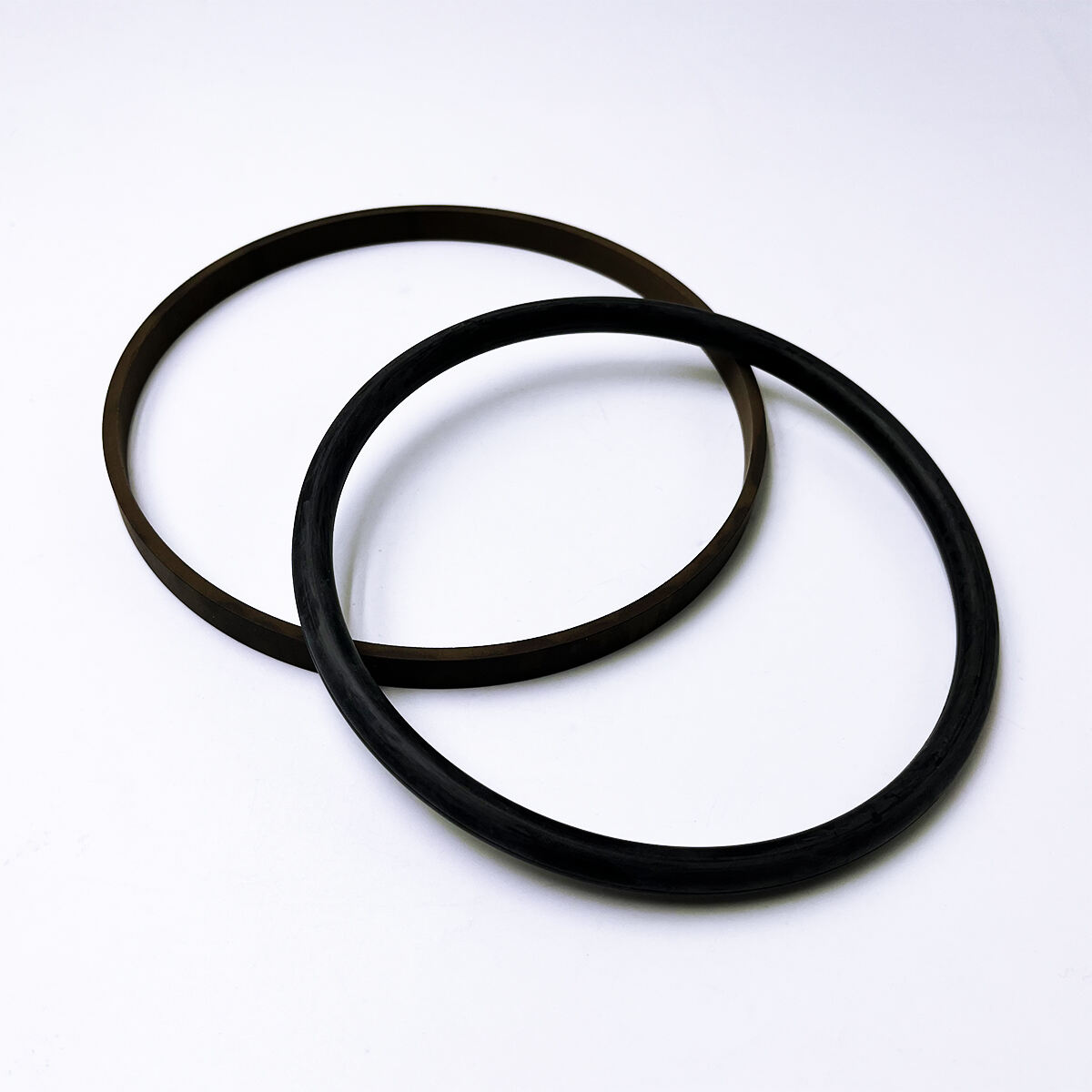33-99No. Mufu E Rd. Gulou District, Nanjing, China [email protected] | [email protected]
What is a piston seal you may wonder? The piston seal is a small but crucial component which prohibits the fuel or liquid of having to leak out from either within your engine, and hydraulic system. Consider it a wall separating the piston from original cylinder. This separation is important as it helps the engine or system work smoothly and leak-free.
Choosing the correctpiston sealkit is crucial to ensure that your engine or system will function correctly and smoothly. Piston seals are made from a range of materials, such as rubber, polyurethane or PTFE. These materials each have strengths and weaknesses, which from a practical sense means they can cater towards different needs based on how you use your engine or system. Selecting the correct piston seal option helps you avert operational leaks, dirt or other harmful intrusions and prolongs equipment life.

A piston seal functions as a sealing barrier inside and around the cylinder to avoid fluids or gases leaking around the flat valve. The seal surrounds the piston and provides a tight, ordered feel against it preventing anything from escaping when pressure is applied to push out this piston. This is significant because if a fluid or gas were to leak it would lead to the engine of whole system not running as efficiently. Air or liquid pressure control can even be used to manage some piston seals, giving you the ability to dictate how the seal will operate.

Most importantly to keep its good work longer you should use a proper care of your piston seal. If you do not take care of it, said leaks can lead to greater issues handling the bigger end which might impair your equipment or even trigger larger costs by having for being fixed. The Rule Pumps and all bilge pumps require regular maintenance checks. At that time you should think about changing your piston seal, if it looks tired and warn. This will further extend the life of your engine or system while also saving you money on preventable repairs.

How to Choose a Good Quality Piston SealFor many hydraulic companies, by choosing highly quality piston seal from the beginning can increase the lifecycle of equipment and reduce maintenance expenses on latter stages. Superior seals are able to withstand significantly higher temperatures and pressures, they have better wear resistance, as well as superior sealing capabilities. It ensures less chances of leaking and repairing. By the way, more of these piston seals = less downtime (and so even higher working rates for your machinery). That can mean productivity increase, and everybody wants that in any operation.